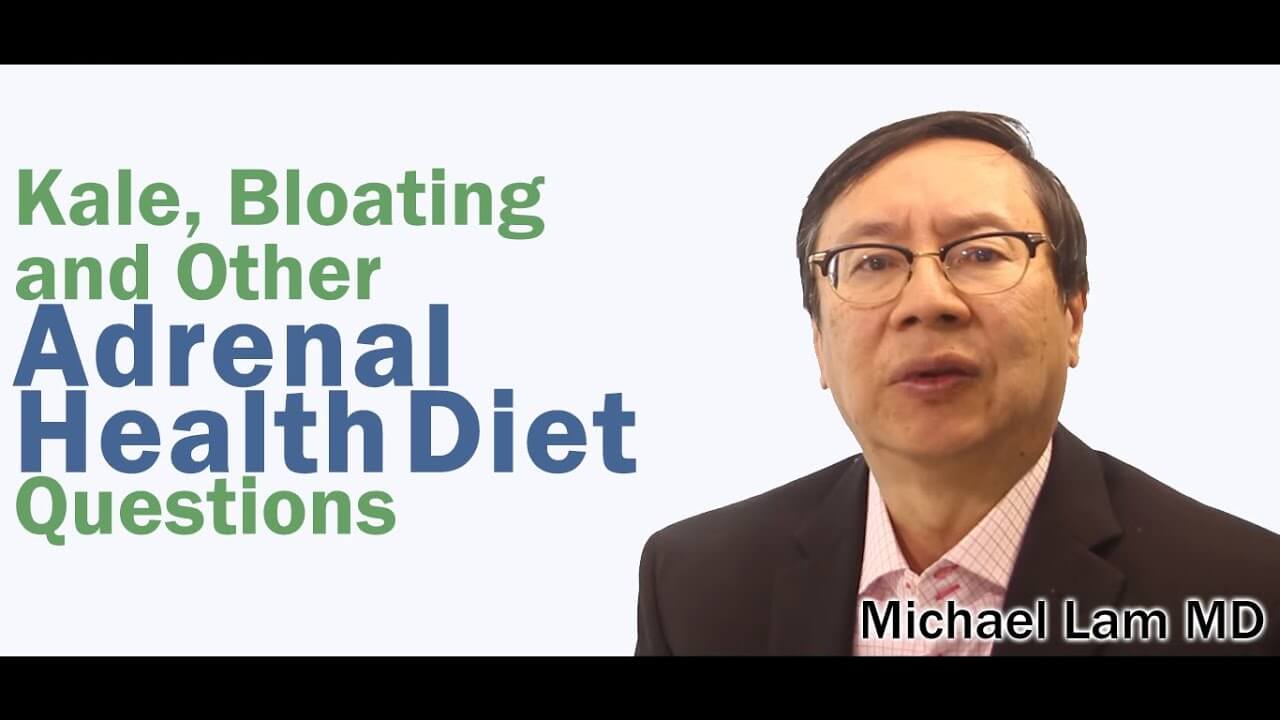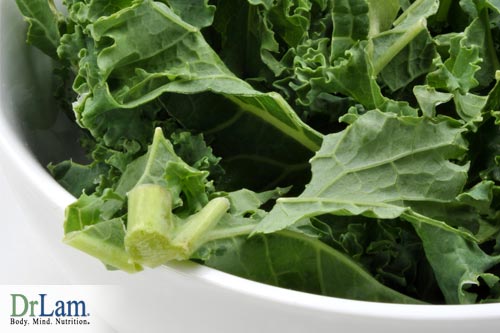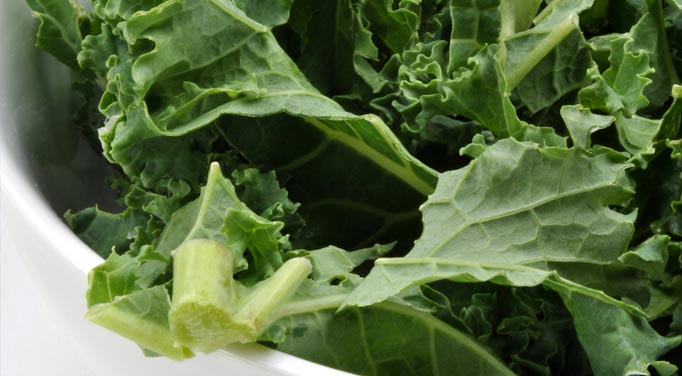
 I try to spread out my food intake throughout the day; but at dinner when I am finished with a moderately sized meal, if I sit or rest after, I get that sleepy feeling. Are large meals what causes a food coma?
I try to spread out my food intake throughout the day; but at dinner when I am finished with a moderately sized meal, if I sit or rest after, I get that sleepy feeling. Are large meals what causes a food coma?It may relate to what you eat. Certain foods may be what causes food comas more than others. Typically in the evenings, the body starts slowing down, so you may not want to read.
Kale is rich in many nutrients; it’s hard to tell what you are deficient in. It is good to build up the adrenal glands first and see if the craving goes away.
Eliminate as many processed foods as possible. Eating natural, organic, hormone free and antibiotic free foods, using natural products, reducing electronics usage, taking supplements to help the body eliminate the toxins and proper detoxification all help to reduce exposure to environmental toxins.
Diet is a very important part of general healthy living principles. If you have frequent headaches, you may want to keep a food journal and see if there is any connection between the food and the headaches. The food you eat may be what causes a food coma as well. a food journal will help you track the food you eat and how you felt afterwards.
 At night when I lay down, I get very gassy. Is that normal?
At night when I lay down, I get very gassy. Is that normal?It is not normal. It may be related to what you have eaten in the earlier meals. Make sure you don’t drink liquid with the meals.
When the adrenals are weak, losing weight is very difficult because the body tends to hang onto all the weight it can to conserve energy. When the adrenals are strong, the body’s metabolism will undergo changes that allow weight loss without triggering adrenal crashes.
There are some benefits if coffee is consumed in small quantities due to the caffeine effect being slightly stimulatory. But if you indulge in coffee in large quantities, such as more than a few cups a day, then the amount of caffeine can be too much for the body and the adrenals to handle. Similarly, red wine may have helpful effects in a healthy body, but alcohol is an adrenal stressor that can easily push the body into a crash. The types of beverages you choose at and in between meals could be what causes a food coma.
 Daikon / Radishes, Parsley, Beets, Carrots, Cruciferous vegetables, celery are good for detoxing. Try to stay away from wheat grass if you have adrenal fatigue because it can be stimulating and trigger adrenal crashes. Also avoid excessive amounts of carrots, which are very sweet. Moderate amounts are okay.
Daikon / Radishes, Parsley, Beets, Carrots, Cruciferous vegetables, celery are good for detoxing. Try to stay away from wheat grass if you have adrenal fatigue because it can be stimulating and trigger adrenal crashes. Also avoid excessive amounts of carrots, which are very sweet. Moderate amounts are okay.
Peanuts are more susceptible to mold and fungal attacks. Almost all peanut butter in the United States contains a minute amount of aflatoxin. So we recommend avoiding peanuts and peanut butter to reduce the inflammation load on the body when you have Adrenal Fatigue.
The NEM, neuroendocrine metabolic, stress response is how the whole body and all of its systems work together. It includes hormones, neurotransmitters, nutrients, and metabolic components. There are six stress responses that all work in unison to try and protect our body when excessive stress takes over, as in the case of adrenal fatigue. The stress responses are inflammation, neuro-affective, cardionomic, hormonal, metabolic, detoxification, and inflammatory. When the systems function in unison, we feel healthy and in balance. When the response are out of balance, as in adrenal fatigue, we have widespread issues with our body, which is why adrenal fatigue requires such a holistic approach to recovery.

